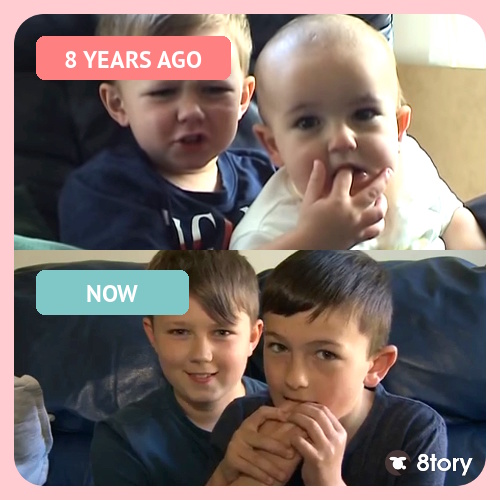
Unlike their parents’ generation many baby boomers as adults find hugging and kissing others as acceptable greetings. Babies should be viewed as sources of joy. In his writings he held that infants had emotional needs and should not be pushed too quickly into the regimens and behaviors of adults. Spock on the other hand was an advocate of parents sharing such affection with their young ones.

Many of the odd behaviors that kids exhibit are more normal and widespread than new parents thought.Įxperts of the day cautioned parents not to give their offspring too much affection with hugging and kissing as the kids would assuredly become spoiled. He asserted parents should at best “sit tight” and wait things out. But he did encourage parents not to “overly” repress unusual behaviors in order avoid to future problems.

In his book Spock did not discuss specific Freudian concepts. In his early training Spock had studied psychoanalysis and learned the Freudian theories of unconscious sexual drives and their impact on development. Hearing these ideas, many parents were terrified of any unusual behavior shown by their children. Freud believed child rearing practices could be responsible for these things. They could develop serious complexes like castration or Oedipal. His theories of psychosexual development, included beliefs that during development, children could become fixated or stuck at oral, anal, phallic or genital stages of development. “Feed babies when they are hungry and let them sleep when tired.” Of course, naysayers felt coddling children was not good, and they would later attribute youth rebelliousness and self-indulgence of the 1960s and 1970s to Spock’s influence.Īmong the experts on child development in the mid-1900s was psychoanalyst Sigmund Freud. Although routines are convenient for parents, strict schedules were not recommended. Unlike other experts, Spock felt rigid schedules for things like feeding and sleeping were unnecessary. Although there were many pointers in the book, this message of trust was the prime concept for raising children. His encouraging words gave confidence to young first-time parents who were nervous about their young arrivals. Spock, on the contrary, advocated using common sense and evaluate what works instead of following a multistep process for each emerging parenting issue. After the war, popular magazines and other forms of the media became fertile grounds for experts from medical professions and religious leaders to pontificate strong opinions on what parenting should be. Spock conveyed to parents to trust their own instincts as opposed to using a cookbook approach to child rearing.

These were the words in the first line of the book. He gave parents a greater sense of confidence by communicating that they already had the tools necessary to be a good parent and that parenting was an evolving role “a journey, not a destination.” Not a cookbook approach Spock’s approach was an about-face focusing on flexibility, permissiveness and affection. The emotional needs for youngsters back then were often neglected. These young adults had been raised under hard times with experts whose advice to their parents on child rearing emphasized rigidity and being strict. It is now in its 10th edition, with over 50 million copies sold to date.įor parents who lived through the Depression years, the end of World War II welcomed them to a time of optimism, prosperity and new ways of seeing the world. Benjamin Spock’s "Baby and Child Care" book, first published in 1946, was a principal guide for parents in the post-World War II era.


 0 kommentar(er)
0 kommentar(er)
